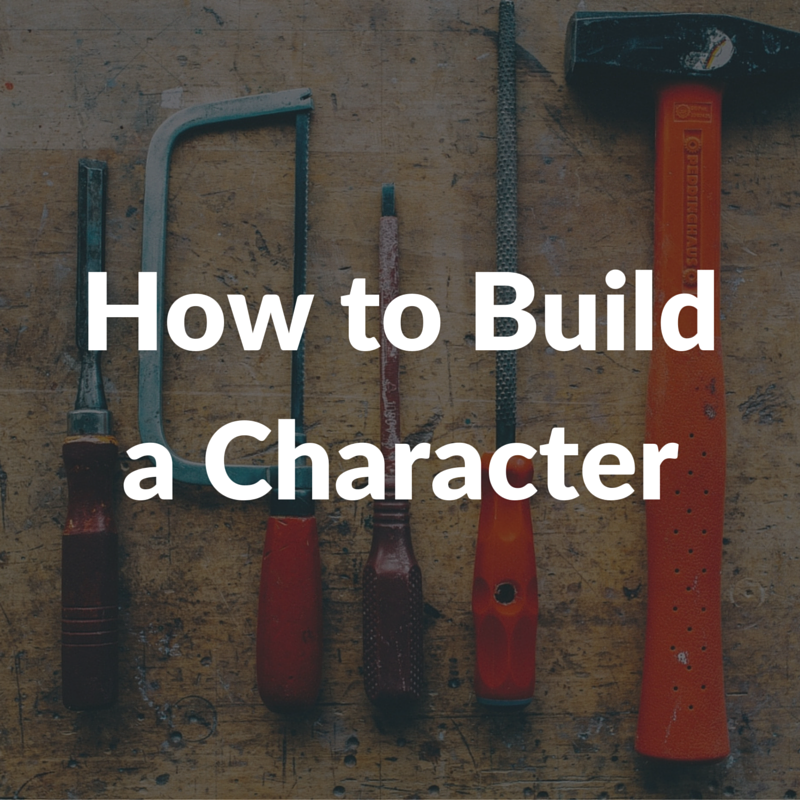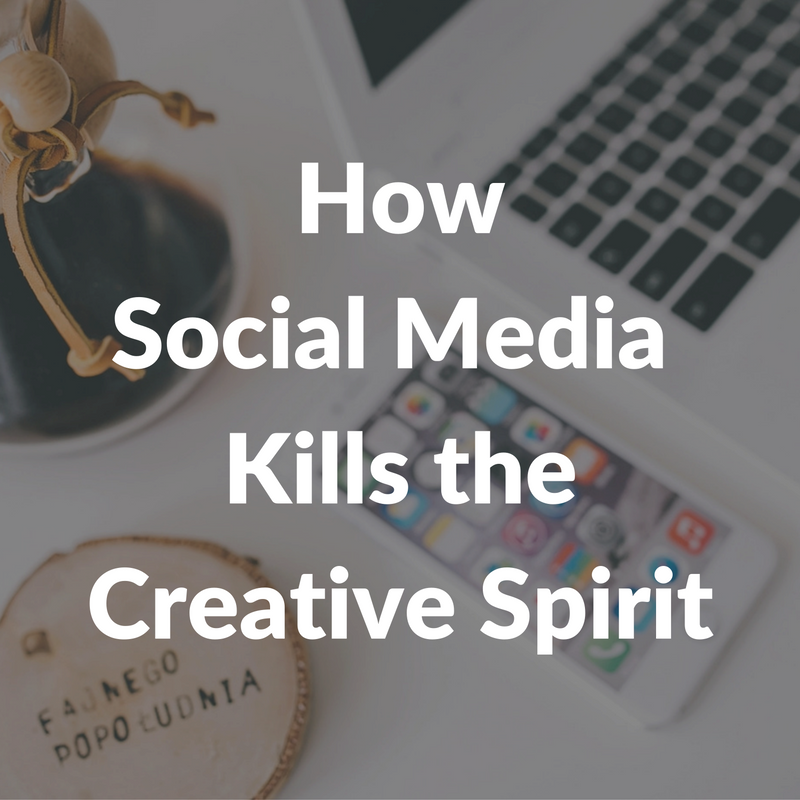There is a very popular theory and method of storytelling called "The Hero's Journey." Coined by the brilliant mythologist Joseph Campbell, who spent decades researching how we tell stories and found a serious common denominator in every culture, the gist is this -- every story has a hero, and that hero goes on a journey. Christopher Vogler took that theory, expanded it for practical storytelling, and turned it into a great book that is on the bookshelf of every screenwriter in the world.
After studying this concept, two things happened. One, I can't watch a movie or read a book the same way ever again, because now I'm on the lookout for the steps outlined in Campbell and Vogler. Second, I realized that as an author, every book I embark on is in and of itself a journey, and there are corresponding moments during the writing of said title. As a joke one night, I put this together for my husband, so he could be away of exactly where we were in the circle that is the hero's journey. So here's my own mono-mythic structure (or, How JT Writes a Book) in corresponding steps.
Ordinary World = Derp. Derp. Derp. I love to read. One day I might write a book. Derp. Derp. Squirrels!
Call to Adventure = OMG I have the best idea. I should write a book. (Concurrent with) OMG - I have the perfect story idea for that big commercial high-concept novel my agent wants me to write.
Refusal of the Call = That's crazy. Why would anyone ever want to read something you've written? (Concurrent with) So my agent loved the proposal. Now I just need to spend the next year doing my research and outlining this book.
Meeting of the Mentor = Various. Can be your agent, your writing partner, your writer friend who says, "Hey, that's a great idea. Get writing." Feel excited, ambitious. Have excellent hair day. Decide to go for it. You have nothing to lose, right?
Crossing the Threshold = That glorious time when the words are pouring forth from your fingers and every day you rush to the computer to get the words down. You are dreaming plot and character. The story is growing.
Tests, Allies, Enemies = The work itself. Daily word counts, plot, and characters suddenly act like rattlesnakes. Friends want to have lunch, pulling you away from the screen. Which is good, because nothing works. The book makes no sense. Self-talk becomes nasty: You know, there's this great plot idea I had in the shower, that would work so much better. Writing partners and spouse pet and soothe, assure the work is worth your time and you can do that other cool story another time.
Approach = Desolate and scared, park ass in chair every stinking day until there's actual words and characters growing from the blank space. Benchmarks are met and pushed through – 10K, 50 pages, 25K, 100 pages.
Ordeal, Death and Rebirth = The moment you hit the halfway mark and realize this is the worst tripe ever. No one will buy this story. You're going to miss your deadline, and throw the whole schedule off, and lose your contract, and no one will want to read you ever again. Write. Drink. Loathe.
Reward, Seizing the Sword = After weeks of tearing out your hair, that I've got it. Eureka! moment. Now you just have to rewrite the last 50K to match the plot solution.
The Road Back = 75K done, three weeks to deadline. This book isn't so bad after all. It was all there. Your subconscious left a major trail of breadcrumbs. But you just need to make this one change (Drat. Must rewrite ten chapters to make change fit.)
Resurrection = The Final Push. Showering is optional, cooking is optional, sleep is optional, drinking is mandatory. Deadline is in sight. Oh, God, this SUCKS!! Wait, maybe it's not so bad. No, it does suck.
Return with the Elixir = IT'S DONE!!!!!!!! Holy Crap. The deadline has been met, the book is coherent. Send to beta readers, agent and editor, drink copious amounts of champagne cocktails.
Want a career at this? Wash, rinse, repeat.






